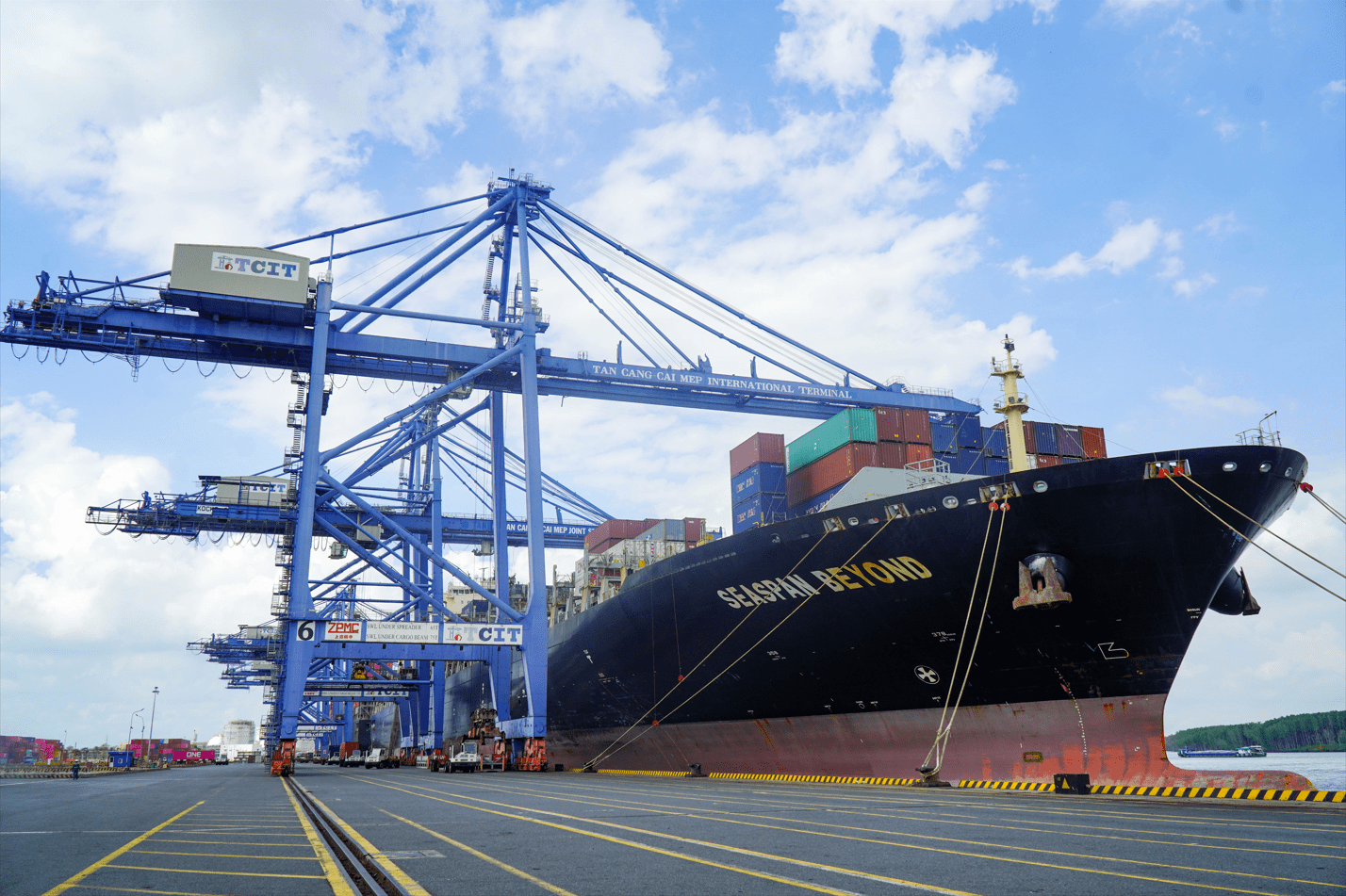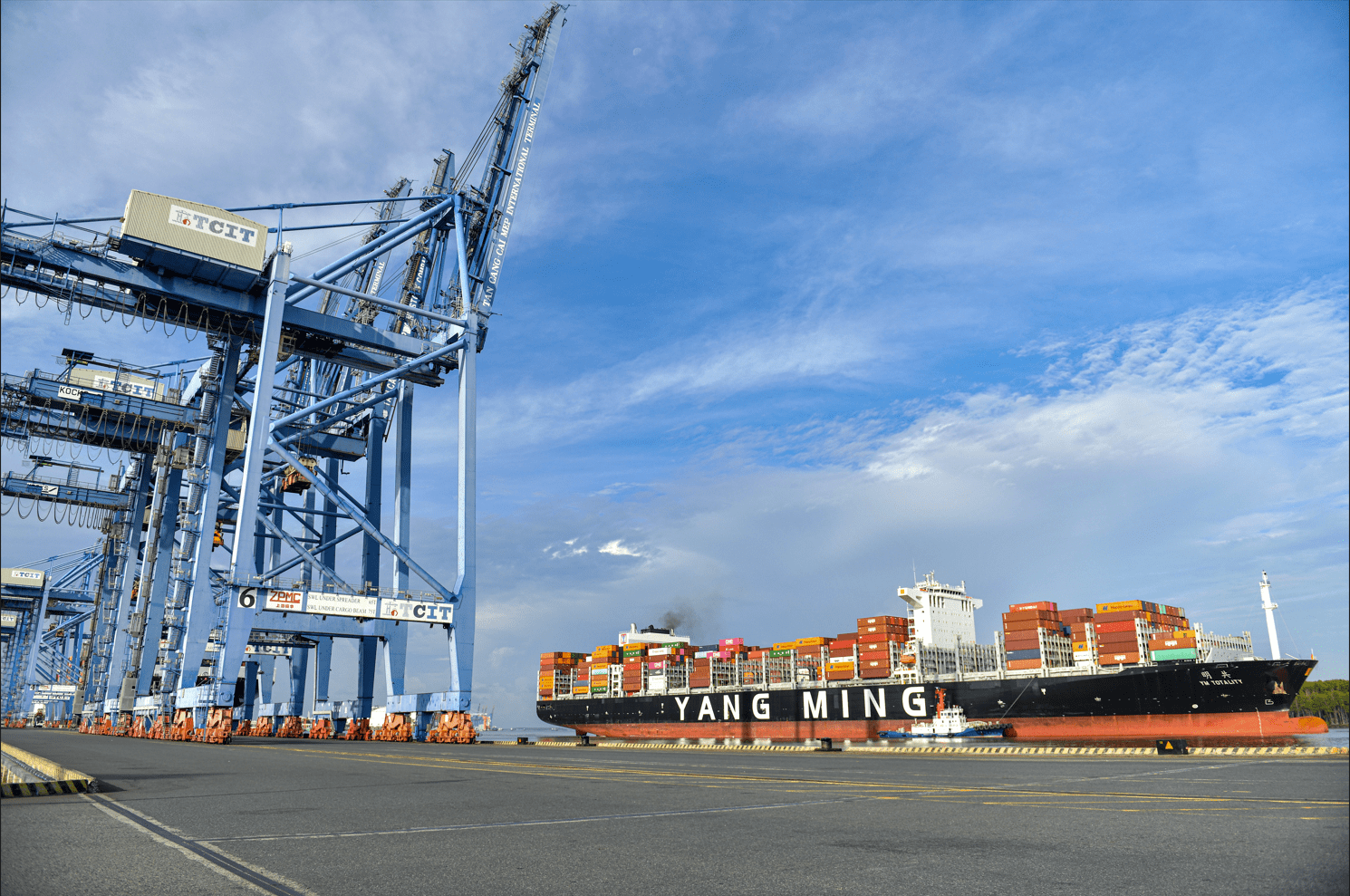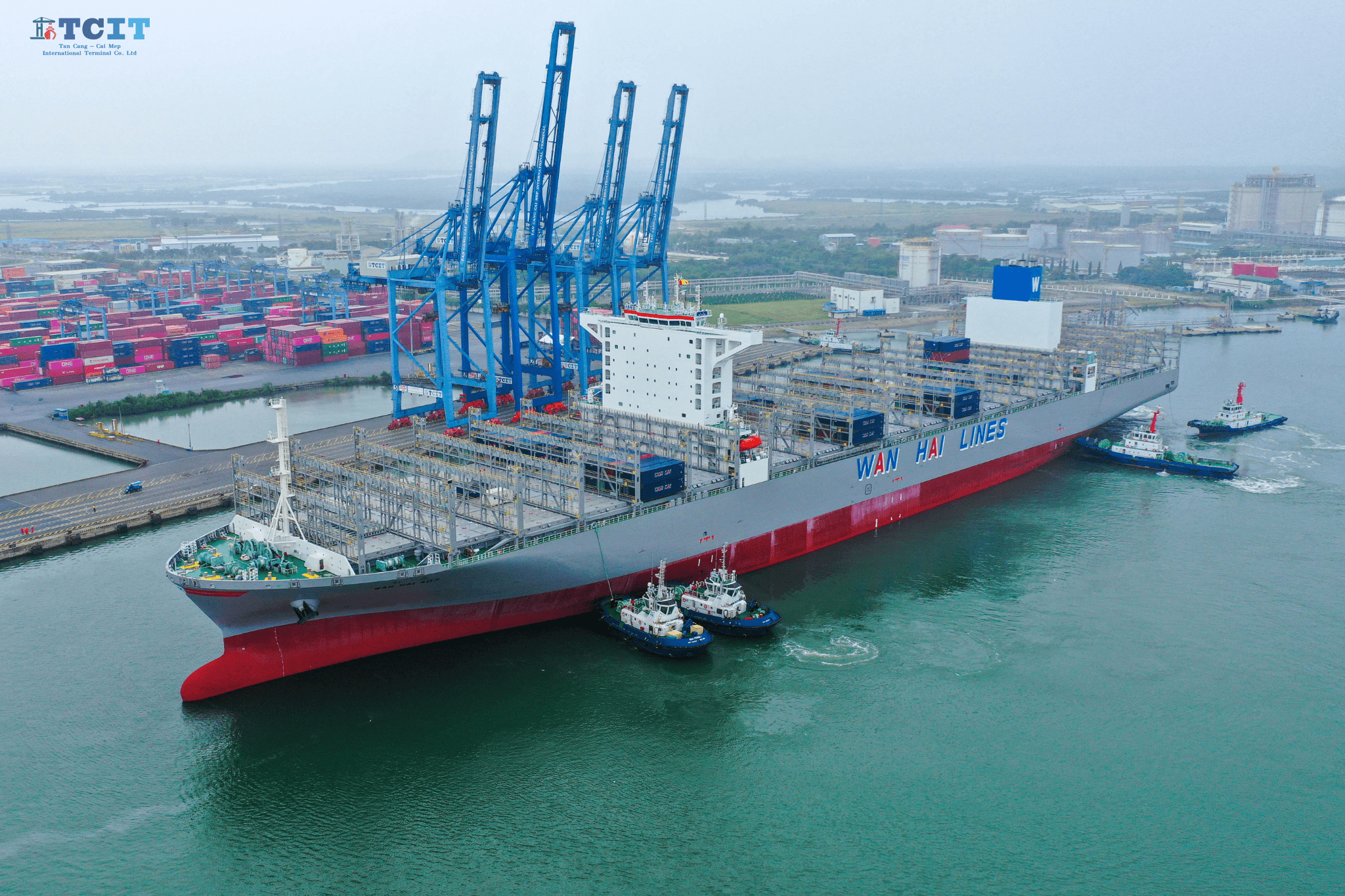Infographic Vietnam’s social-economic situation in 2021
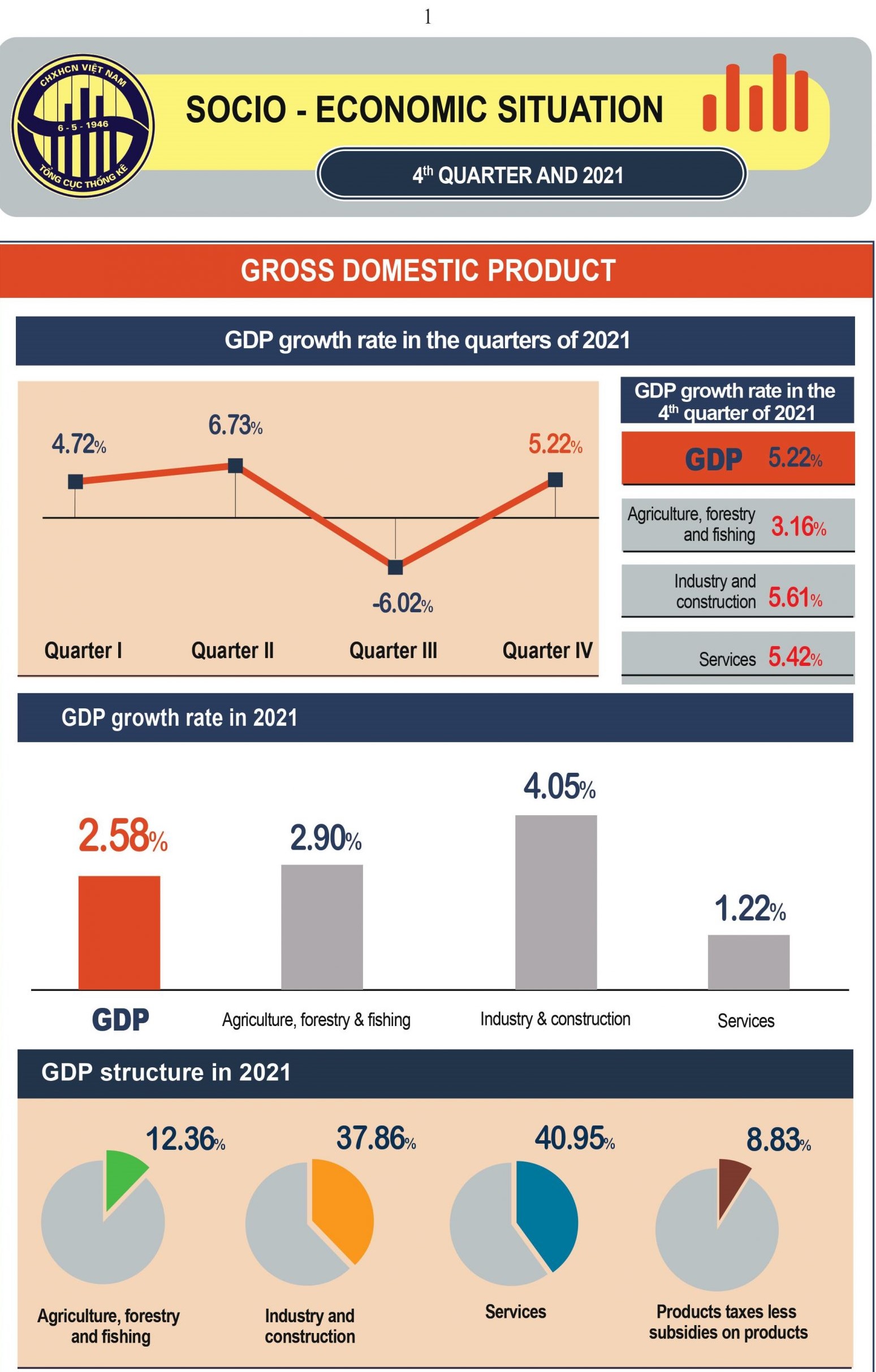
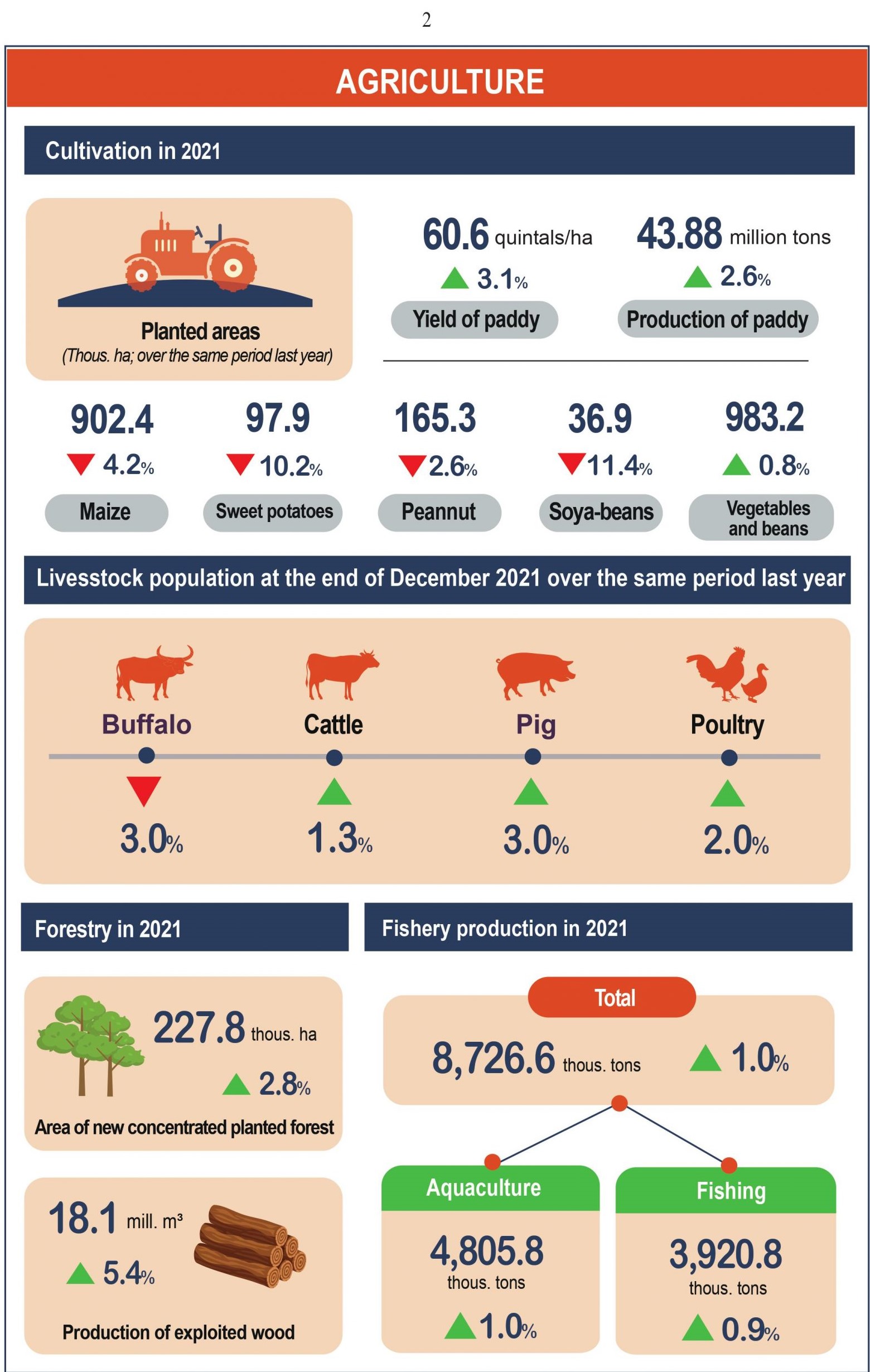
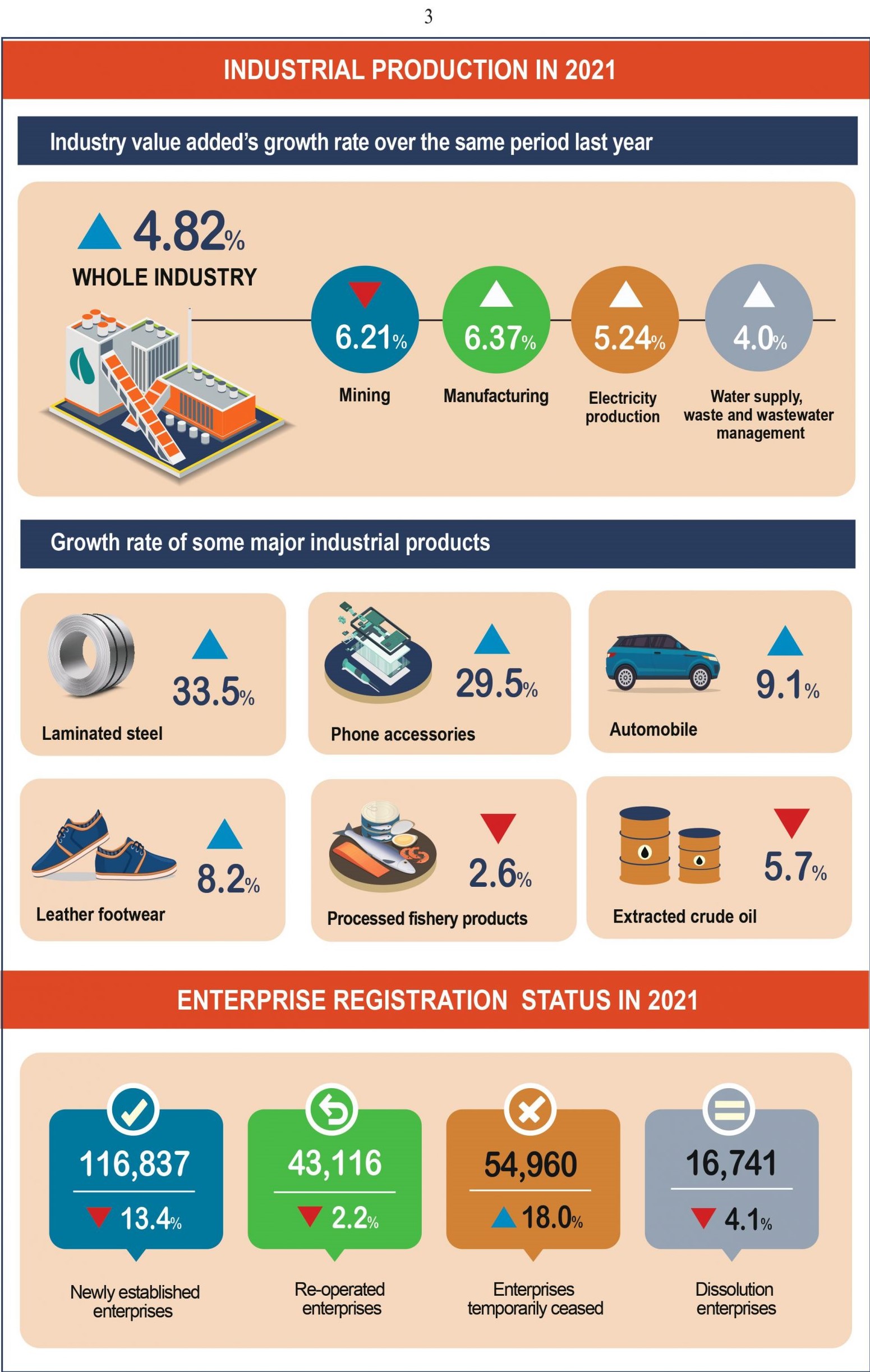
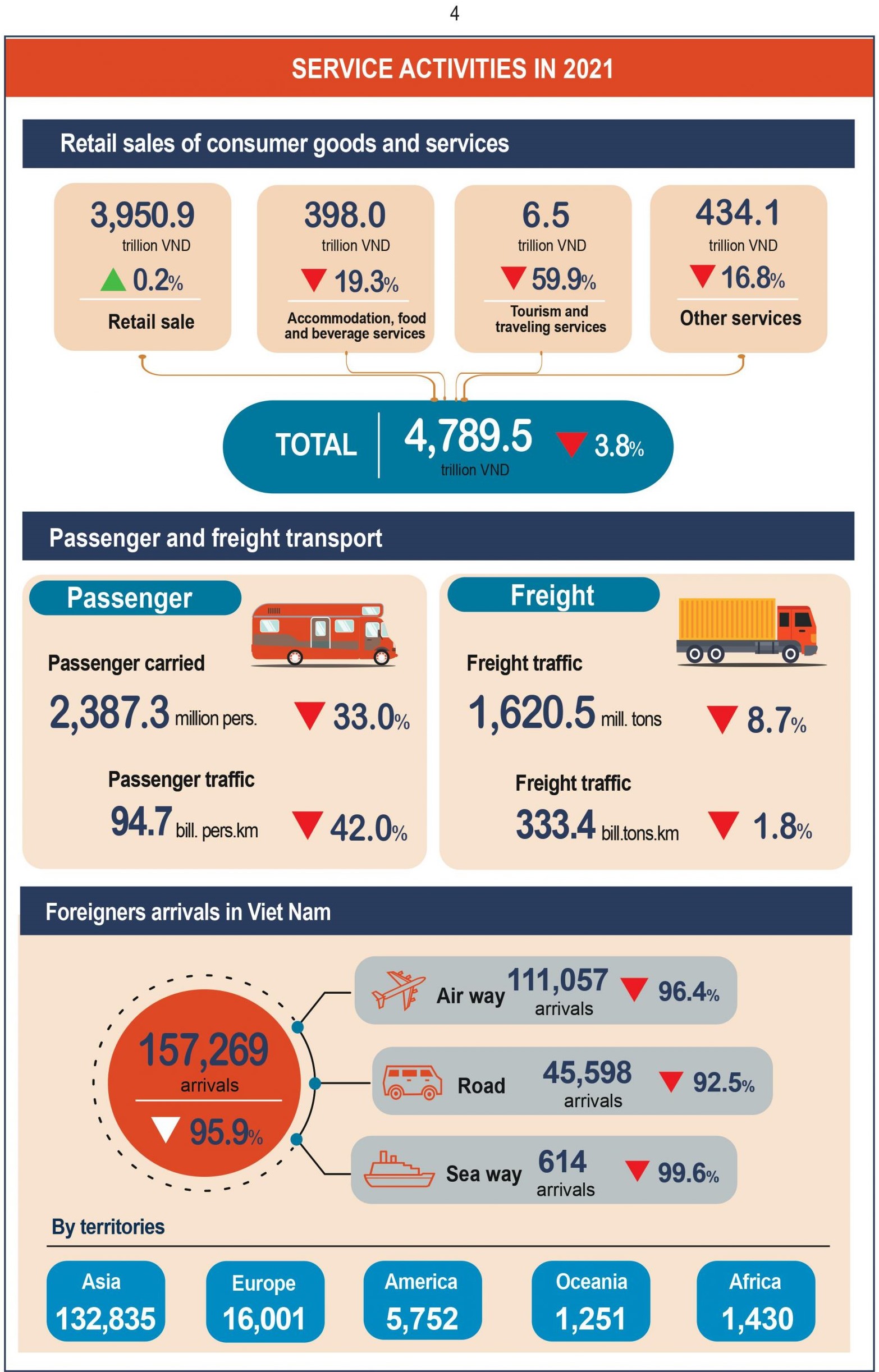
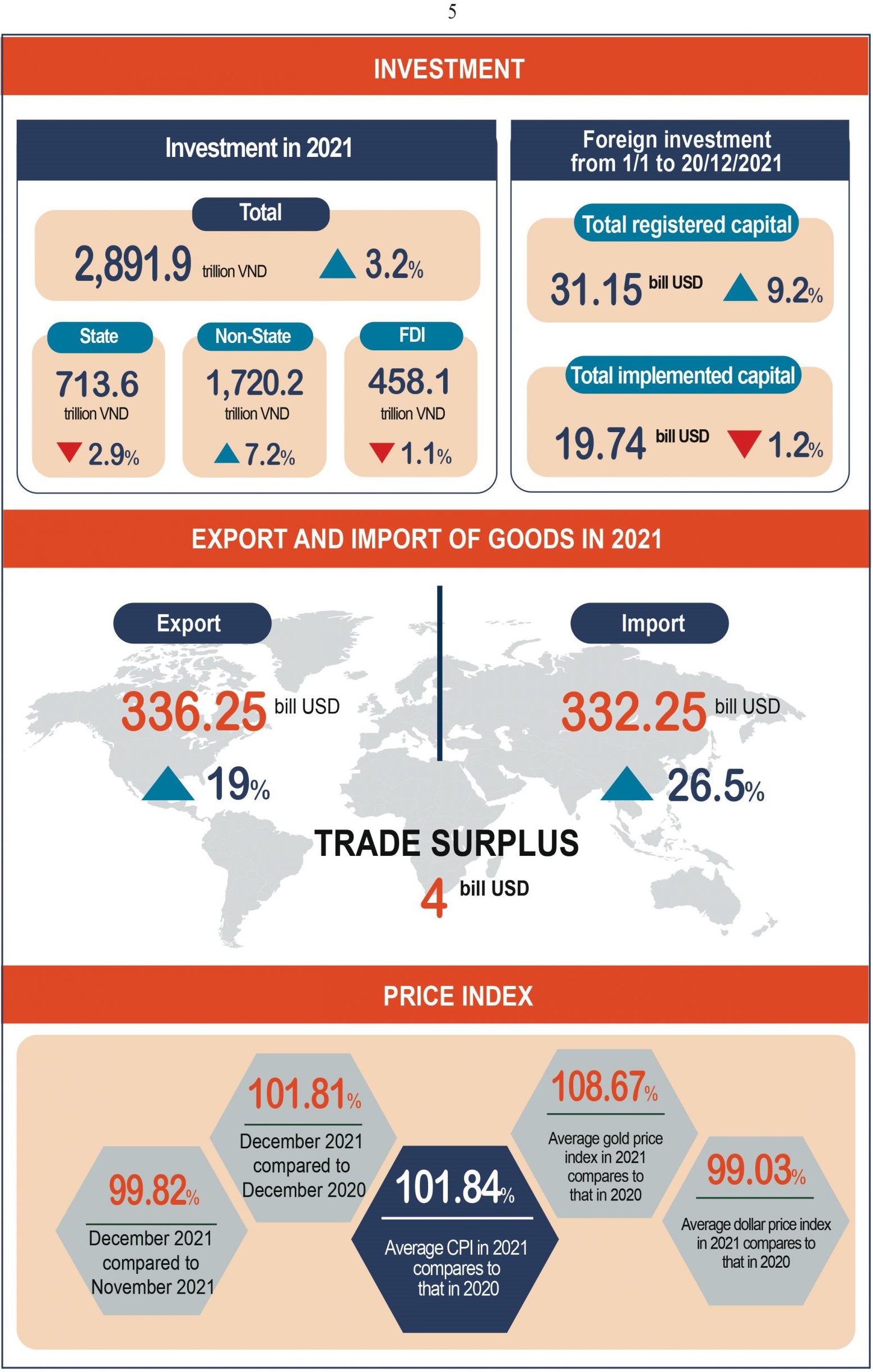
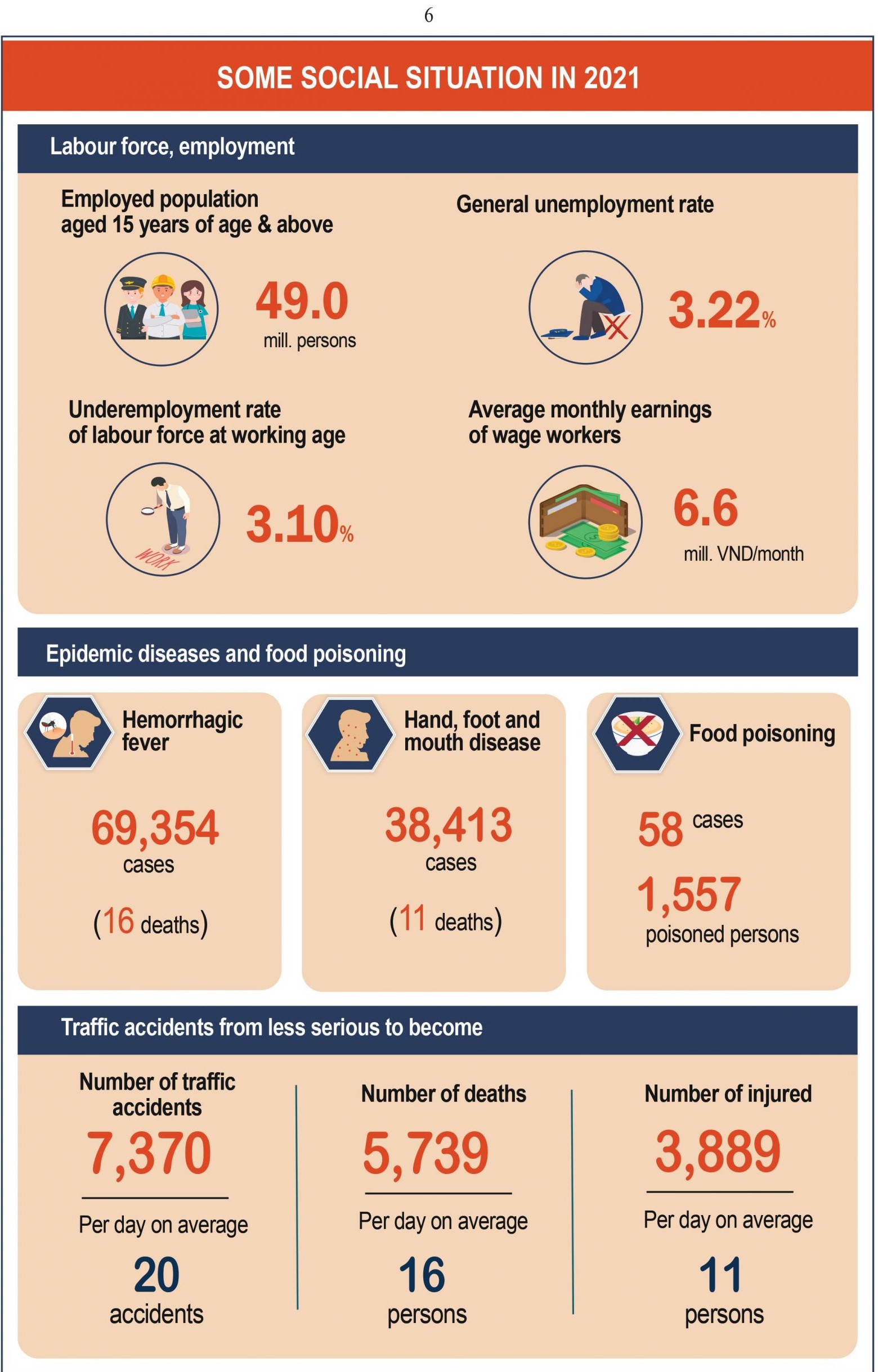
(Source: Vietnam General Statistics Office)
Hapag-Lloyd adopts dangerous goods screening software
Hapag-Lloyd has signed an agreement to use NCB’s Hazcheck Detect cargo screening tool to detect misdeclared and undeclared dangerous goods in containers.
Hapag-Lloyd’s containers at TCIT
The tool aims to prevent the improper loading of dangerous cargoes onto vessels, thereby improving safety and reducing the occurrence of container fires. An analysis of 2020 marine insurance trends by IUMI highlighted container fires as a particular area of concern for the industry, affecting seafarers, the environment, and cargo, hull and liability insurance.
Developed by NCB’s Exis Technologies, the software checks cargo booking details for keywords to identify bookings which may contain misdeclared or undeclared dangerous goods. The tool can also pick up in real time any changes to bookings, declarations, Bills of Lading and shipping instructions.
“The service is interactive allowing non-compliant cargo to be detected within seconds rather than days,” NCB said in a press release.
Existing users of the tool include Maersk and ONE. Ken Rohlmann, Senior Director Dangerous Goods at Hapag-Lloyd said one of the key criteria for adopting the system was to have a common screening system across lines to prevent a cargo rejected by one line being accepted by another. Rohlmann encouraged all other major lines to engage with the service.
Ian Lennard , NCB President said: “Working with container lines like Hapag-Lloyd will help us to further develop the tool using machine learning and AI techniques to enhance the screening processes as part of our not for profit mission, Safety of Life and Cargo at Sea. Data across our Hazcheck tools will help us enhance the screening process using validation results and feedback from container inspections, helping with safety throughout the whole dangerous goods shipping process.”
Rohlmann said: “We have been a strong advocate of this kind of screening approach for some time and are glad to be one of the first companies to adopt this new technology. We are extremely pleased to be working alongside NCB and Exis in this venture and we encourage all other major container lines to engage with the service.
(Source: Seatrade Maritime News)
MSC officially became the world's largest container shipping company
Mediterranean Shipping Company (MSC) started the new year recognized as the world’s largest containership company by capacity. Data analysts and consultancy Alphaliner updated its ranking of the Top 100 and for the first time reflects MSC in the lead position ahead of Maersk by just 1,888 TEU, a small fraction of its nearly 4.3 million TEU total capacity.
A relative upstart in the industry when compared to the venerated Maersk that dominated the rankings for decades, MSC is expected to continue to accelerate its growth. Privately held, MSC does not announce each transaction leaving industry analysts to link the company to construction orders, charters, and secondhand tonnage. Alphaliner projects that MSC will increase its current capacity by nearly a quarter adding nearly one million TEU to its capacity.
Founded in 1970, and controlled for more than 40 years by the Aponte family, MSC evolved from one vessel to its current fleet of 645 ships with a rated capacity of 4,284,728 TEU. The company reports that it today calls at 500 ports on more than 230 trade routes and annually transports more than 23 million TEU. One of the elements that have helped MSC to accelerate its growth in recent years is the use of chartered vessels with a smaller owned fleet. Currently, MSC is reported to own just 260 of its ships with a capacity of 1.5 million TEU with nearly two-thirds of its capacity coming from vessels mostly on long-term charters.
“It does not mean anything,” Soren Skou CEO of Maersk told Bloomberg during an interview in late December 2021. Skou who took the reins of the shipping company in 2016 has repeatedly said that he was not focused on size but instead a business strategy to evolve Maersk into a land and sea logistics company for its customers. Maersk was on track to report record results and the largest profit ever for a Danish company in 2021.
Maersk traces its origins to 1904 and got its start in container shipping in 1975 with the first of nine newly built ships. The Adrian Maersk departed Newark, New Jersey on September 5, 1975, carrying just 385 containers. Under Skou’s leadership, Maersk is accelerating its investment in the logistics business. He oversaw the sale of the tanker and oil businesses while this year Maersk announced investments in new green technologies and expanded its terminal operations. In December, Maersk announced its largest-ever acquisition, the plan to acquire LF Logistics, a Hong Kong-based contract logistics company valued at $3.6 billion.
The Danish shipping giant currently has a fleet of 738 vessels with a capacity that also nears 4.3 million TEU. Maersk owns 60 percent of its fleet of 330 vessels. Unlike its competitors thought, Maersk has yet to announce plans for a large expansion of its containership fleet. In addition to MSC, other major carriers ranging from CMA CGM to Hapag, COSCO, ONE, Evergreen, and HMM, have each announced plans for at least 20 percent expansion of their capacity. Maersk made news in August 2021 with the order of eight 16,000 TEU vessels that are designed to operate on methanol, but its total order book represents just six percent of current capacity. Unlike all of its competitors, Maersk has also not ordered any of the ultra-large vessels set to surpass the 24,000 TEU mark.
(Source: Maritime-executive)
Ningbo-Zhoushan port says supply chain stable in Covid-19 outbreak
Since the first Covid-19 case was confirmed on 1 January, Ningbo-Zhoushan port says it has provided stable supply chain services at its port area.
From 1 January to noon-time 5 January, Ningbo-Zhoushan port posted a container throughput of 450,800 TEU, which was consistent with the number in the same period of last year.
“Container load and discharge operations remain normal in the three terminals near the epidemic area of Beilun district”, and “vessel call and departure also remains normal so far,” Maersk said in a customer advisory.
The port has issued over 10,000 passes for truck drivers during 1-5 January, the qualified container truck drivers having green health code of Covid-19 will be added into the “white list” and could enter into the port areas normally.
Additionally, Ningbo-Zhoushan port has strengthened the sea-rail transportation and deployed more barges to improve transit capacity between different port areas with having to pass through quarantine areas.
As of Tuesday evening 26 locally transmitted cases of Covid-19 had been found in the Beilun area according to a report from Xinhua. The district has seen two rounds of mass testing since 1 January.
China is operating a “zero-covid” policy with whole cities being placed in strict lockdowns, and stoking fears in the shipping community of last year closure of much of Yantian port for a three-week period due to an outbreak in the port.
(Source: Seatrade Maritime News)
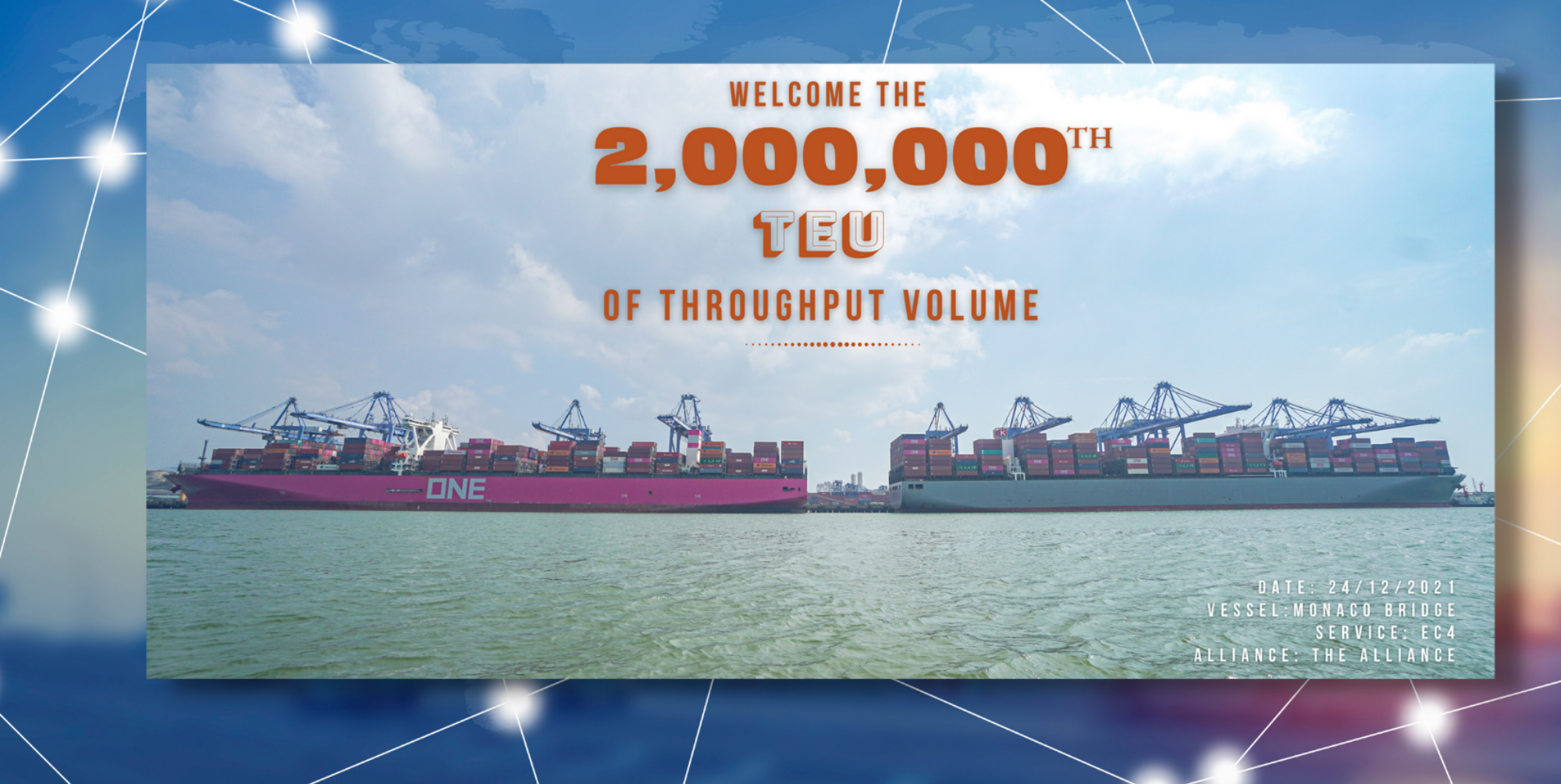
.png)

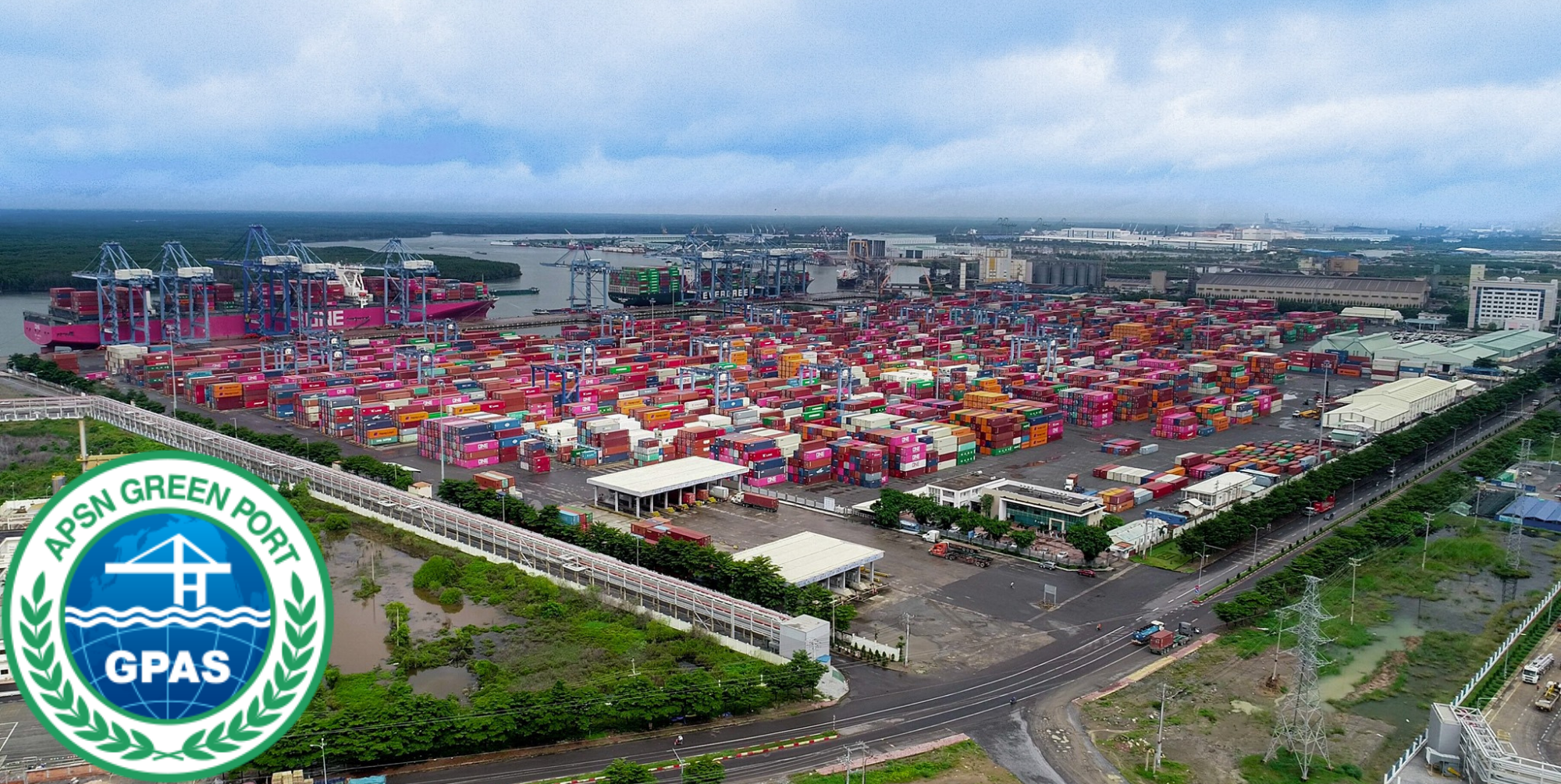

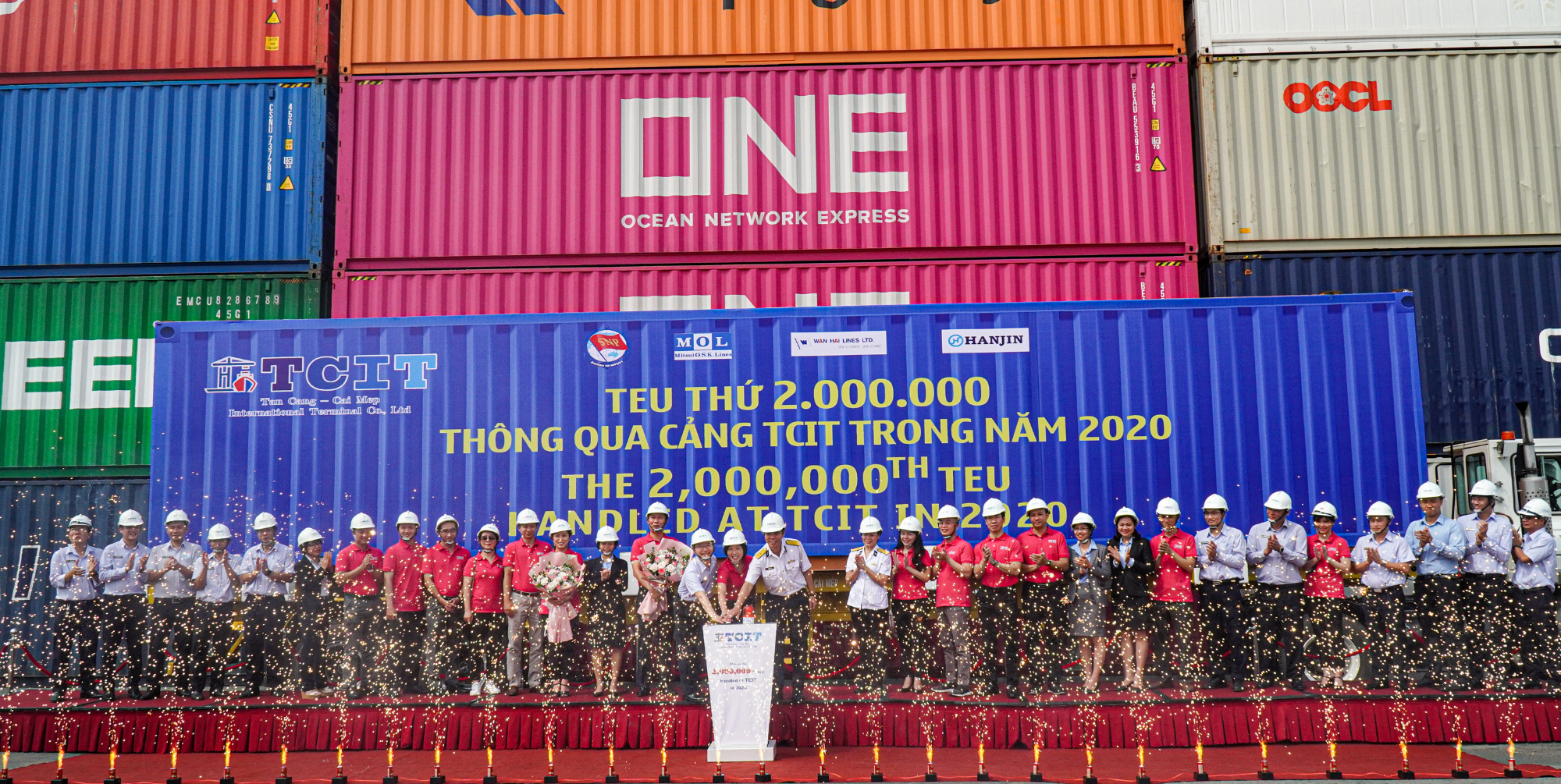
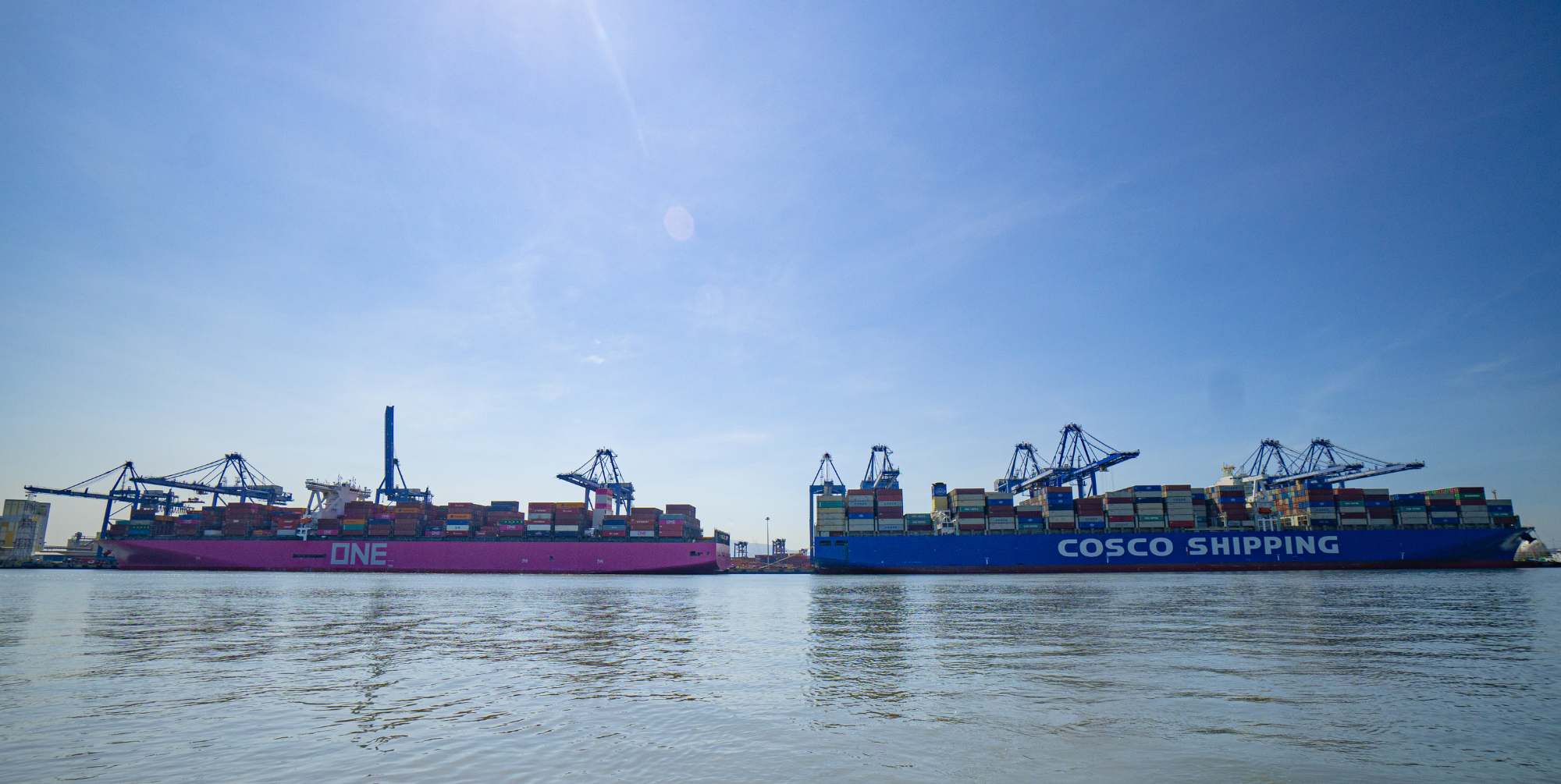
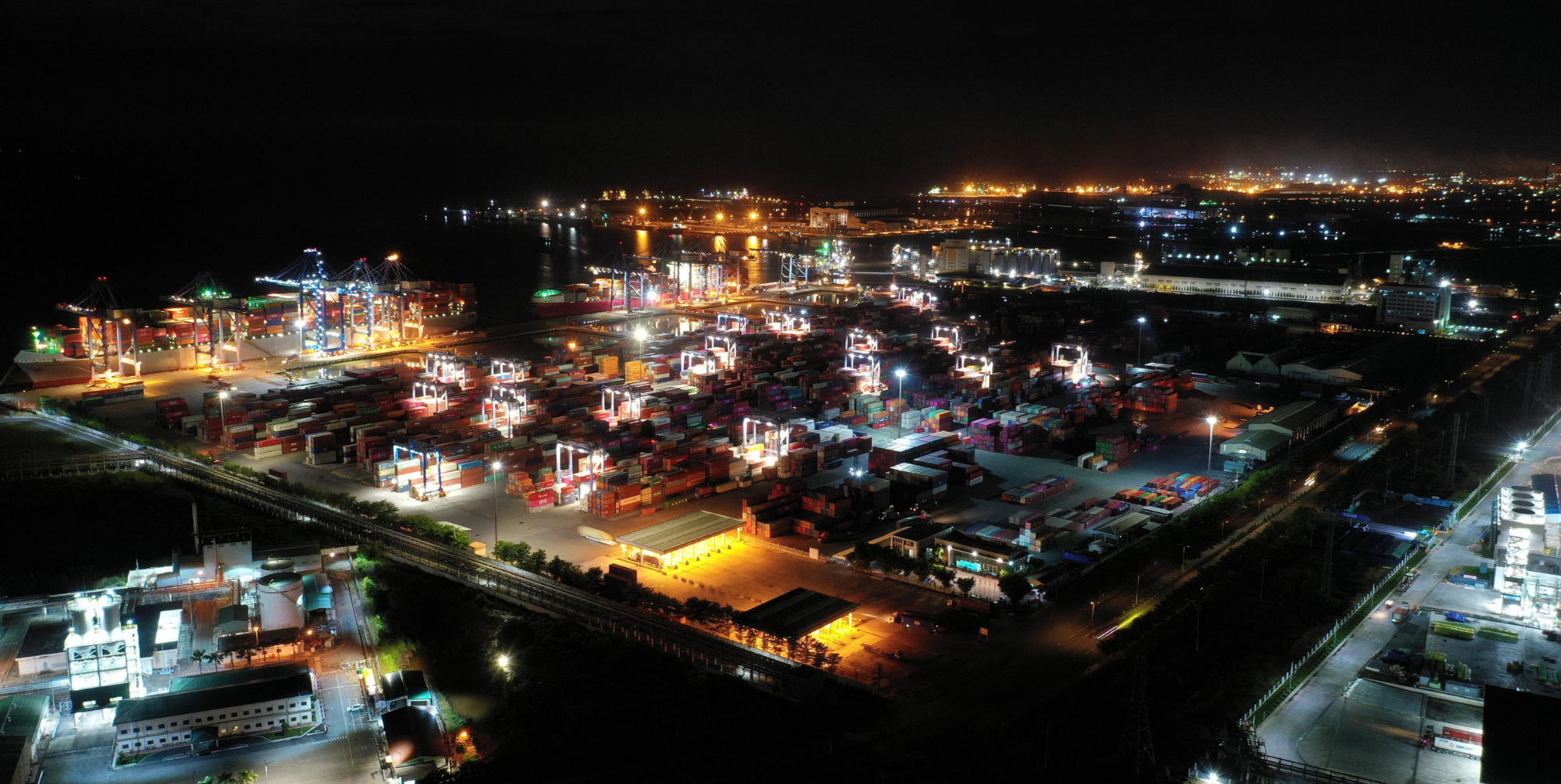
.jpg)
